
In many parts of the world, education has long been seen as a golden ticket—a linear path to success that begins in childhood, winds through standardized tests, and ends with a university degree. But for millions of young people in developing countries, this ideal is out of reach. Economic barriers, social limitations, and overcrowded academic systems leave many behind. Yet, there is a parallel path that is just as powerful, and perhaps even more transformative: vocational education.
Vocational education, often misunderstood or undervalued, equips individuals with practical, work-ready skills. These may include trades like carpentry, electrical work, tailoring, agriculture, culinary arts, or more modern paths such as coding, data entry, and digital marketing. In contexts where formal job markets are limited, these skills become a lifeline—not just for employment, but for independence.
But vocational education is more than job training. It’s a vehicle for empowerment.
In sub-Saharan Africa, where youth unemployment rates hover near 60% in some countries, the urgency is clear. The continent is experiencing the world’s fastest population growth, with a median age of just 19. Without scalable solutions to equip this generation for the workforce, nations face the risk of social unrest, deepening poverty, and mass migration.
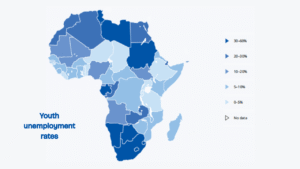
This is where vocational education steps in as a game-changer.
Unlike traditional academia, vocational programs often focus on real-world problem-solving. Students learn how to produce goods, manage a service, or run a small enterprise. In rural regions, this can translate into agricultural innovation—young people developing irrigation systems, organic fertilizers, or sustainable farming practices. In urban areas, vocational skills may support the growth of informal economies, which already account for up to 85% of employment in some countries.
One powerful advantage of vocational training is its scalability. With shorter durations and lower costs, it can be rolled out quickly and affordably. Many programs are adaptable to local needs, allowing for culturally relevant curricula. They also often rely on apprenticeship or community-based learning models, embedding the training within existing economic ecosystems.
However, vocational education still faces several challenges. Social stigma remains a significant barrier. In many cultures, vocational tracks are viewed as a fallback for those who “failed” academically, rather than as a valid and respectable career path. Additionally, under-funding and lack of standardization can lead to poor-quality programs that fail to deliver real opportunities.
Governments, educational institutions, and private sector partners must collaborate to elevate the status of vocational learning. This means:
– Investing in infrastructure—equipped training centers, qualified instructors, and modern tools.
– Creating pathways for certification and career progression, so vocational students can grow professionally.
– Connecting vocational graduates to markets and microfinance opportunities to help them launch their own enterprises.
– Running public awareness campaigns that challenge outdated perceptions and highlight vocational success stories.
Importantly, vocational education aligns well with the future of work. As automation and AI disrupt traditional industries, the value of hands-on, adaptable, and local skills will rise. Electricians, plumbers, food processors, solar technicians, and artisan producers will remain critical in resilient economies.
Furthermore, vocational training has proven effective in empowering marginalized groups, especially women and youth in rural or post-conflict regions. It provides a practical route to dignity, stability, and self-reliance. And by equipping individuals to create small businesses, it fosters entrepreneurial ecosystems that build community resilience.
We must move beyond the outdated binary of “academic versus vocational.” Both are vital. Both offer value. And both deserve investment.
By embracing vocational education as a cornerstone of development, we open the door to a future where everyone, not just the academically elite can participate meaningfully in economic life. We unlock the talent of the many, not just the few. And we send a powerful message: that dignity, opportunity, and innovation can begin with a simple skill; and change the world.

Author : Dorothy Kwamboka


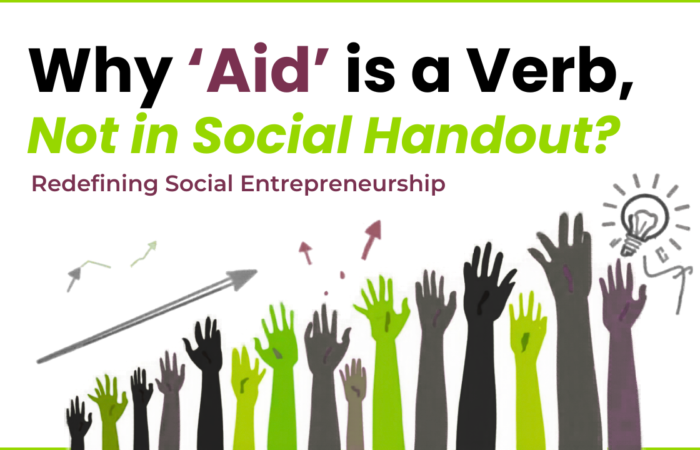
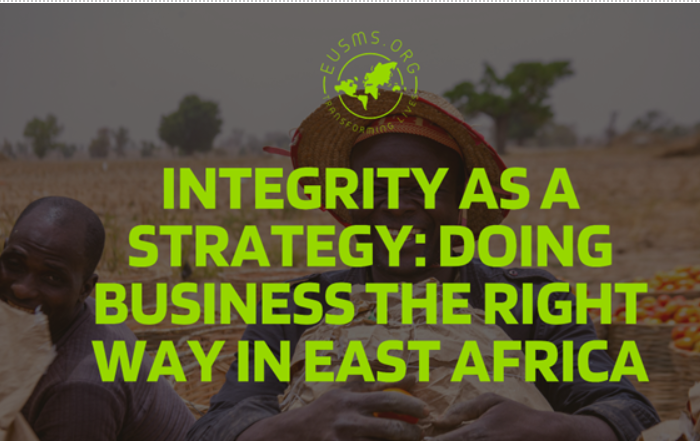
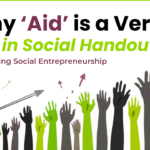
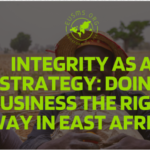

eusms.org
eusms.org